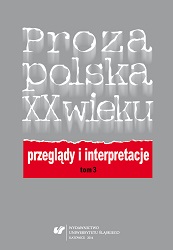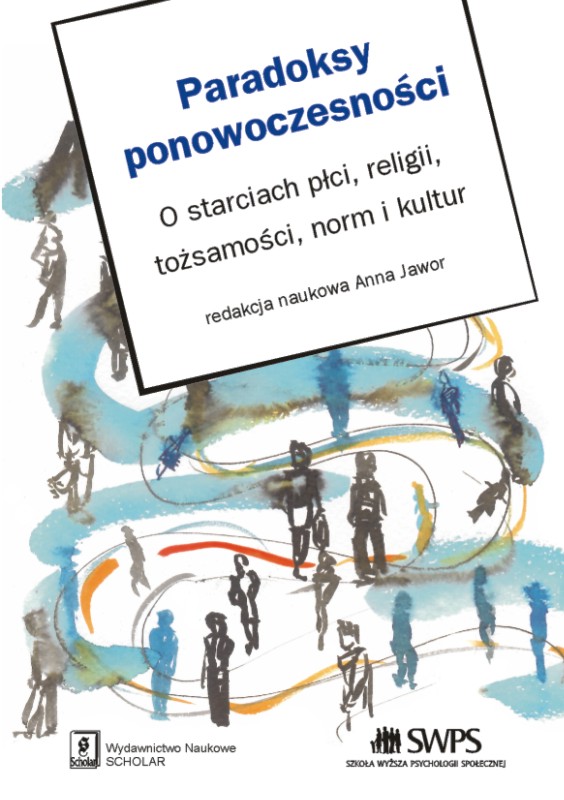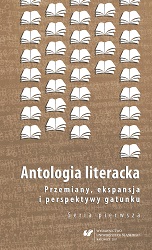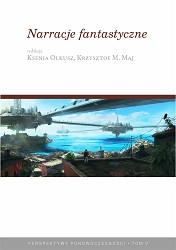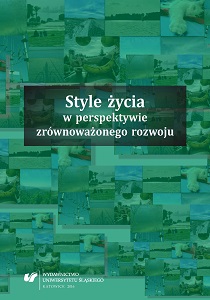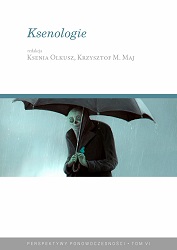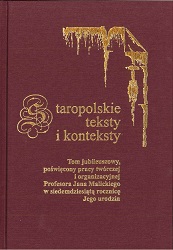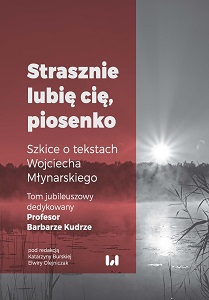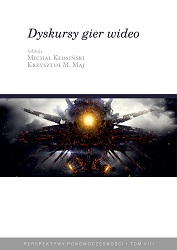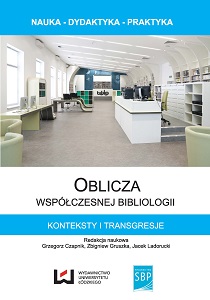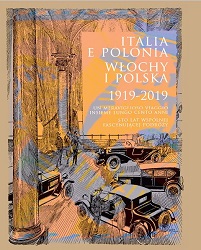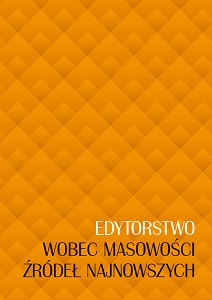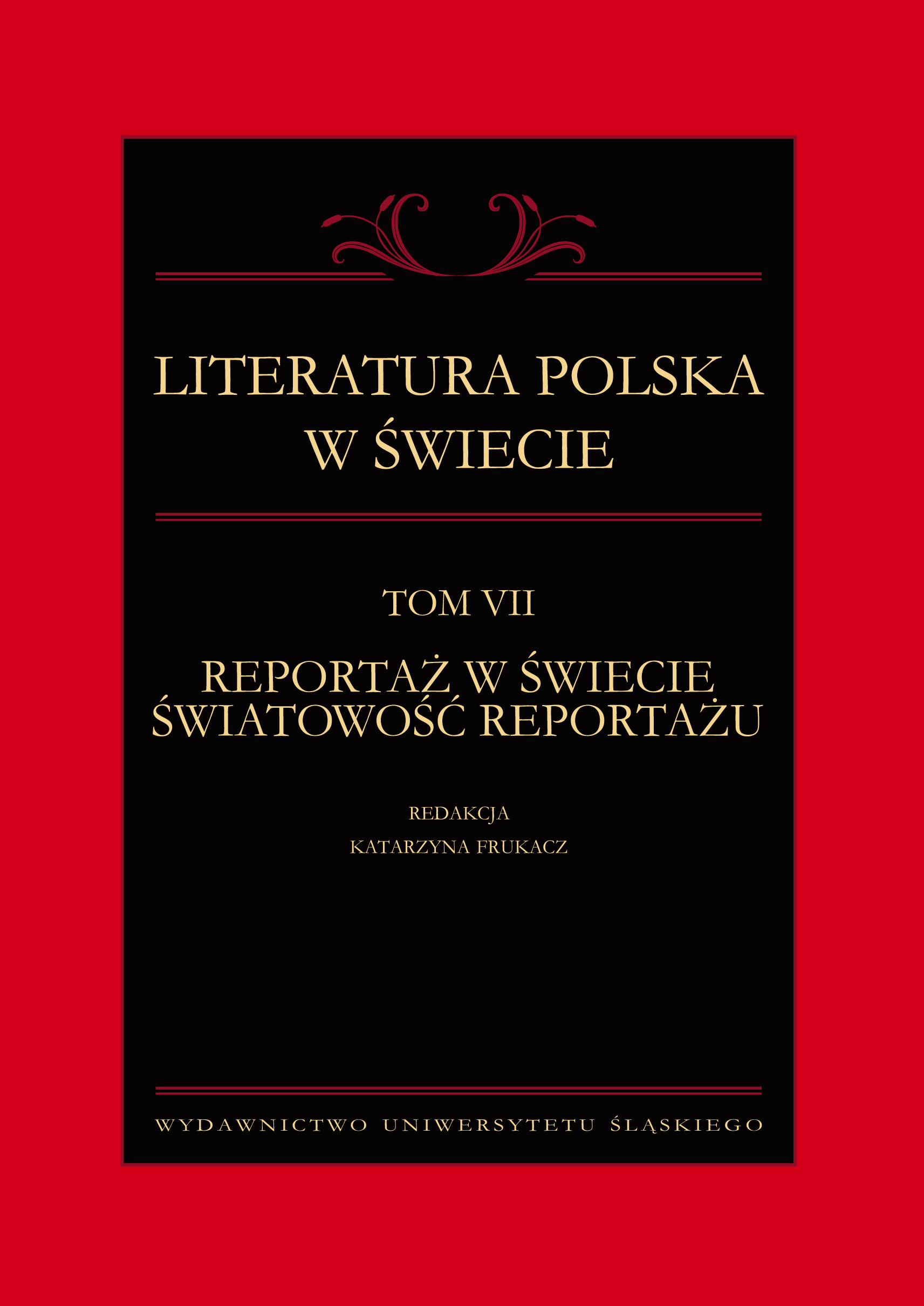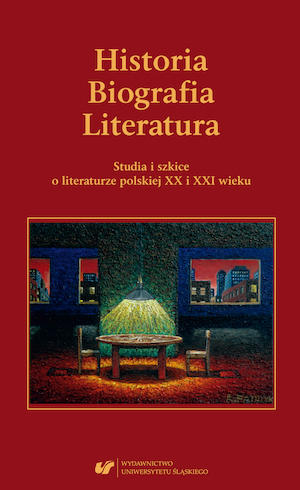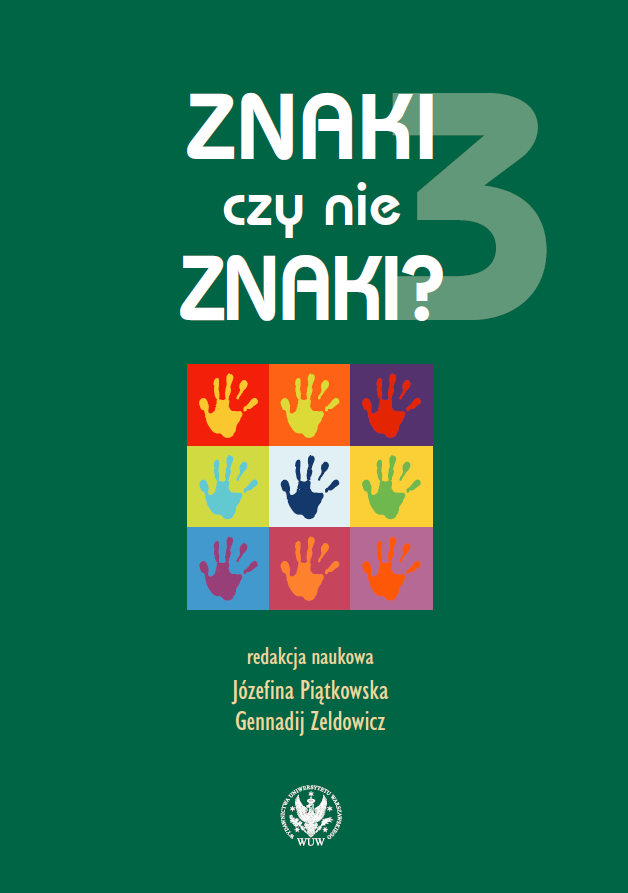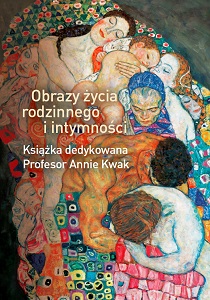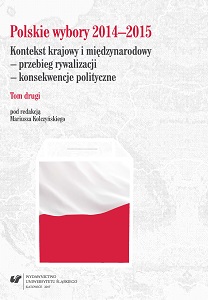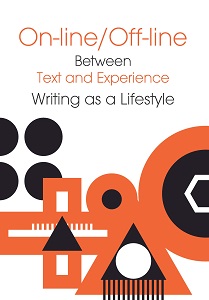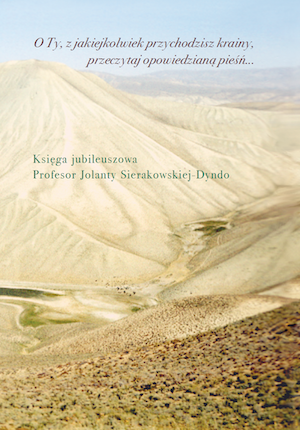Edycja dokumentów z Archiwum Ringelbluma – między teorią a praktyką
Author(s): Tadeusz Epsztein / Language(s): Polish
/ Publication Year: 0
Keywords: The Ringelblum Archive; Emanuel Ringelblum; the Warsaw Ghetto; the Jewish Historical Institute
The Ringelblum Archive, also referred to as the Underground Archive of the Warsaw Ghetto (ARG), is one of the most important testimonies of the history of the Holocaust of Jews in Poland during World War II. The collection was started in Warsaw in 1940 by an underground group called “Oneg Szabat”, founded and led by Dr. Emanuel Ringelblum (1900–1944), a historian and a social activist as well as a student of Marceli Handelsman. After the liquidation of the Warsaw Ghetto in the summer of 1942 the first part of the archive was hidden in the cellars at 68 Nowolipki St., and the second part was buried in the same place in early February 1943. In September 1946 the first part was found; the second part of the archive was unearthed by accident only in December 1950. They are stored in the collections of the Jewish Historical Institute in Warsaw (JHI). The entire Archive contains several thousand documents (manuscripts, prints and photographs). A large part of the materials collected in the Ringelblum Archive are unique sources: testimonies, letters flowing into the Warsaw ghetto, studies prepared by the Oneg Szabat team, underground prints from the ghetto, texts of literary works created there, private documents (legacy), etc. The need to publish the ARG has been discussed since 1946. In 1948 printing of the first documents from the collection – Emanuel Ringelblum’s notes – started. In the following decades editorial work continued, but until the end of the 1970s no broader measures could be taken. Foreign editions of ARG documents from this period are equally modest. It was only at the turn of the 1970s and 1980s that some revival took place, mainly in Israel, thanks to the initiative of Josef Kermish. At the same time Dr. Ruta Sakowska in the Jewish Historical Institute undertook work in this field in Poland. Thanks to her work, in 1997 a series in Polish began to be published, titled “The Ringelblum Archive: The Conspiracy Archive of the Warsaw Ghetto” (ŻIH). The publication was led by Eleonora Bergman and Tadeusz Epsztein when it got to volume 4. In 2019 the last fragments of the series, totaling 39 volumes, will be released. In 2017 the English edition of the series in the Jewish Historical Institute was begun.
More...
